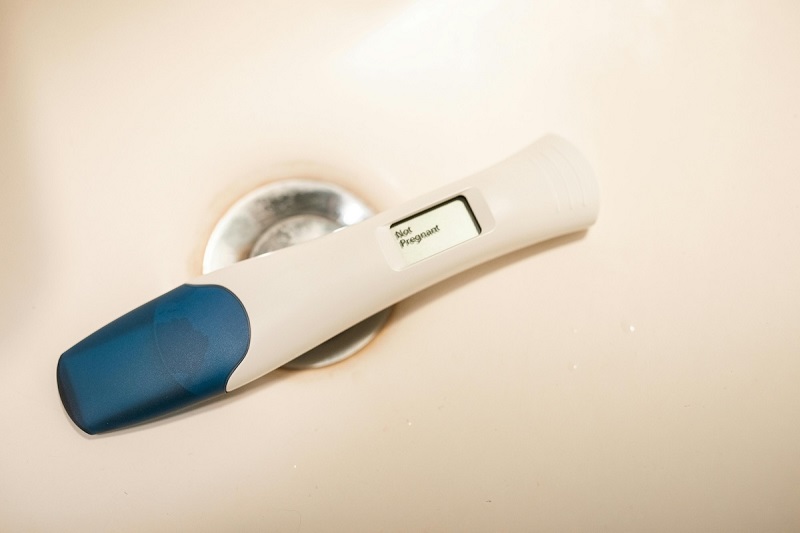I’m 43 and hoping to have a second baby. I’ve discovered since going off the pill that my progesterone is extremely low, so I’m probably not ovulating. What is the treatment for low progesterone for someone likely in perimenopause and hoping for pregnancy?
—LilyB
When thinking about all hormones and whether to treat levels that are off, it is helpful to think about the purpose for checking those levels to begin with. Progesterone is one of the key hormones in pregnancy, but we often measure it outside of pregnancy to gain information about a woman’s menstrual cycle.
Progesterone is produced in the ovary by the corpus luteum, a structure left behind after ovulation. If ovulation does not occur, then there is no corpus luteum, and progesterone levels remain low.

Typically, if you measure progesterone levels in the blood and they are low, ovulation has not occurred. If progesterone levels are high, ovulation has occurred in the past 14 days or so. In this case, low progesterone levels are not causing you not to ovulate. Rather, a lack of ovulation is leading to low progesterone levels. This means that even if we were able to increase your progesterone, that wouldn’t help, because the underlying problem is that you’re not ovulating.
Your doctor may perform additional testing to confirm whether or nor you are ovulating. They may also refer you to a reproductive endocrinologist, who can help identify if there is a problem and determine whether you might be a candidate for ovulation induction or IVF.
If you aren’t ovulating but desire pregnancy, one option a reproductive endocrinologist may recommend is to use medications such as Clomid or Letrozole to help your ovaries to ovulate. If your ovary is able to ovulate with medication, a corpus luteum will form and make progesterone, just as it would if you ovulated without medication. As a result, in many cases where women conceive with ovulation induction, there is no need to supplement with additional progesterone.
If instead you chose to conceive via IVF, progesterone is part of the cocktail of hormones given to prepare your body prior to transferring an embryo into the uterus. Medication protocols vary, but if IVF is successful, you might take progesterone through the first trimester of pregnancy. At that point, the placenta is making adequate amounts of progesterone to support a healthy pregnancy.
The takeaway: Low progesterone levels can be a sign that you are not ovulating, but low progesterone is the result of not ovulating, not the cause of absent ovulation. As a result, if your ovaries can ovulate in response to medications, they will typically produce progesterone too.
Community Guidelines




















Log in